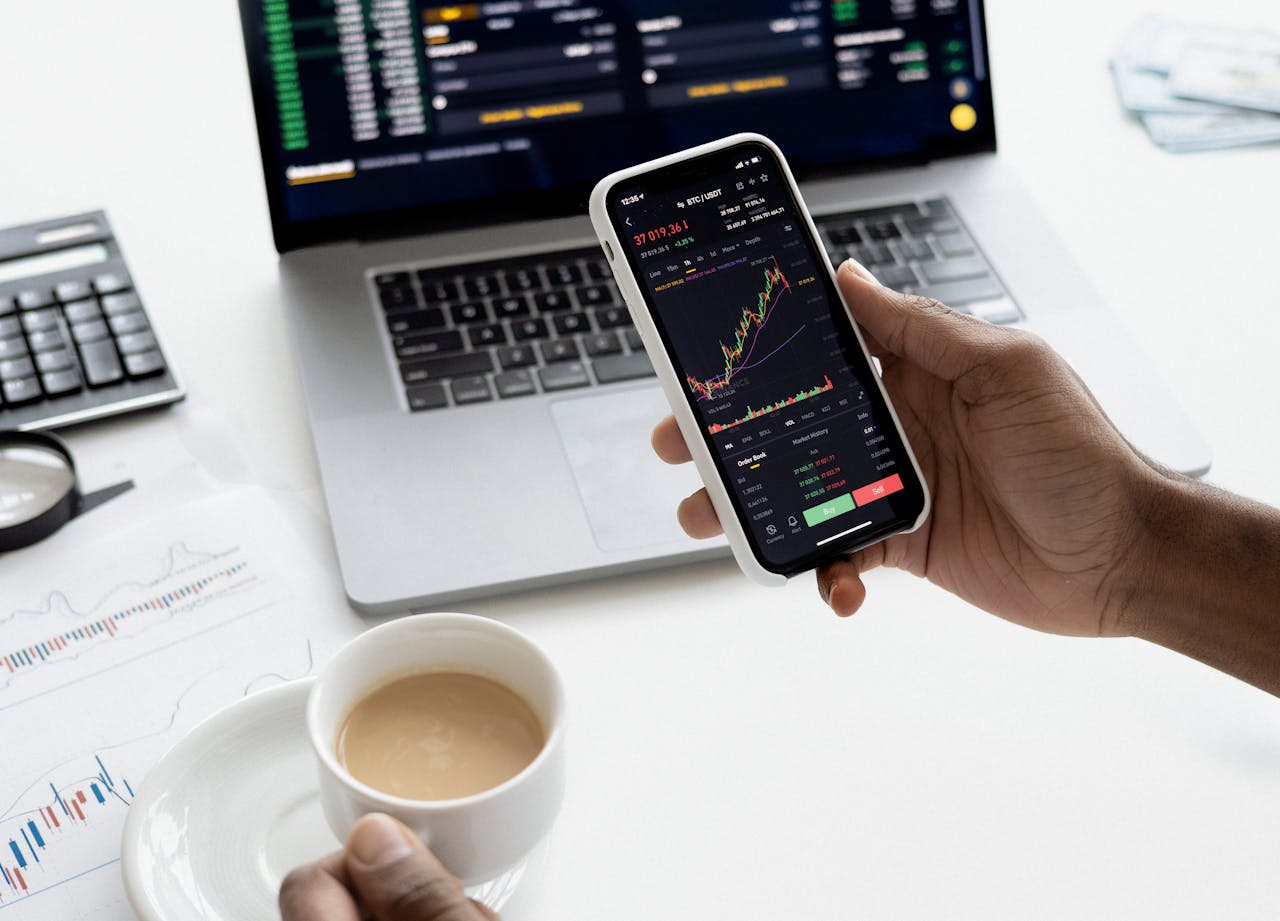

The digital healthcare sector in Indonesia has gone through rapid development since the COVID-19 pandemic. Besides the need to increase accessibility and quality of performance, the country required a revamp of its healthcare sector, including digitalization. The future of the healthcare industry in Indonesia led to investments in digital healthcare, and the government is focused on spurring its growth.
According to reports, the government is expected to increase spending to accelerate the development of the health technology landscape in Indonesia. Its current priorities include AI, telehealth, digital health records, and clinical operations centers. The digital ecosystem requires extensive collaboration between healthcare institutions and tech players, as well as domestic and international providers.
The current outlook of the health tech market in Indonesia presents opportunities to implement an integrated health services system. Increasing healthcare needs, growing awareness of health and wellness, and expanding healthcare infrastructure are driving the growth of the health tech market in Indonesia. Telemedicine is gaining popularity especially in rural and remote areas with limited access to healthcare facilities. It allows them to receive remote consultations, diagnoses, and treatments from healthcare professionals through digital communication.
Electronic healthcare records are becoming more widely adopted in the country as well. In July 2022, the government launched the SATUSEHAT platform, also known as ONEHEALTHY. It is a repository of health information where patients can register to access their medical records without having to obtain it from different facilities.

There is also a growing number of digital health apps in Indonesia, covering various areas such as fitness, nutrition, mental health, and chronic disease management. These apps provide users with health-related information, tools for tracking health parameters, and personalized health recommendations, empowering individuals to take control of their own health and wellness.
The digital pharmacy market in Indonesia is also growing, with online pharmacy platforms offering convenient and accessible medication delivery services. Digital pharmacies provide users with the option to order medicines online, get them delivered to their doorstep, and receive medication reminders, making it easier for patients to manage their medications and adhere to prescribed treatments.
The current health technology landscape in Indonesia is also fostering a vibrant health tech startup ecosystem, with numerous innovative companies developing and offering healthcare technology solutions. These startups are leveraging technologies such as AI, machine learning, and Internet of Things (IoT) to create innovative products and services aimed at improving healthcare delivery, patient engagement, and health outcomes.
One of the challenges in digital healthcare in Indonesia include proper regulation standards, because while the government continually invests in health tech, there are only a few safeguards for patient safety and data privacy. Improving technical standards and data management for these innovations can be further guided by better standards.
Supportive government initiatives are enabling the development of digital healthcare in Indonesia, and further investments in health tech will drive the growth of the market in the country. The continuous advancements in technologies and the increasing demand for quality healthcare will prompt stakeholders to promote better health outcomes in the country. Health tech will help deliver better services, improving patient care and allowing them to manage their health better.

Revolutionizing Finance: An Overview of Digital Lending in Southeast Asia
Digital lending is poised to become the primary revenue driver for digital financial services in Southeast Asia (SEA) by 2025, outpacing digital payments. This growth is fueled by a 33% annual increase in digital lending, supported by technological innovations such as automated loan origination processes and seamless integration of financial services into digital experiences. These advancements have made it easier for consumers to access financing for various needs, including online shopping, travel bookings, and ride-hailing services.

IoT Integration in the SEA Automotive Lubricants Market
The Southeast Asia (SEA) automotive lubricants market is rapidly evolving with the integration of Internet of Things (IoT) technology. This transformation offers significant benefits, creates new opportunities in smart technology, and introduces innovative IoT solutions that can revolutionize the industry.

Embracing Robotization: Challenges and Opportunities in Industry 4.0
Robotization presents challenges and opportunities for businesses and the workforce, requiring companies to embrace this transformation.

Opportunities in the Indonesian Skincare Market
The rapid growth of the Indonesian skincare market presents significant opportunities for the beauty industry. Projections indicate a steady growth trajectory of 4.6% over the next five years, reflecting sustained consumer demand and market expansion. In this article, we will explore the various opportunities that the Indonesian skincare market presents for brands seeking to establish a strong foothold and thrive in this dynamic landscape.